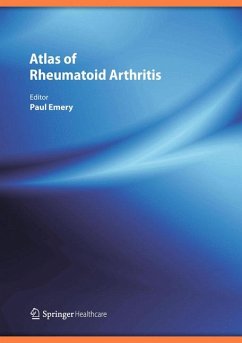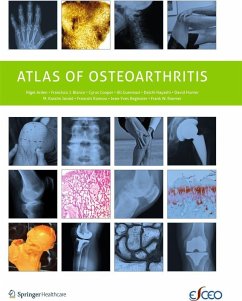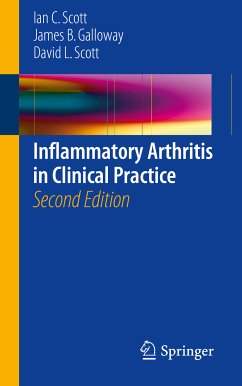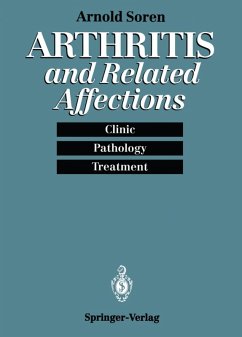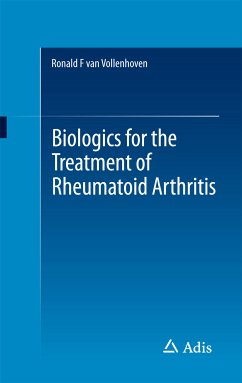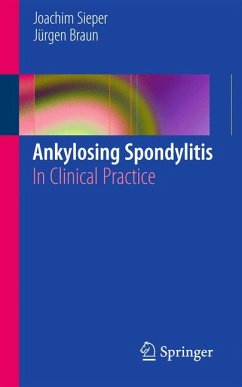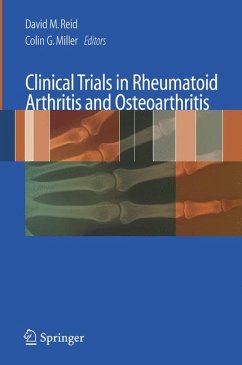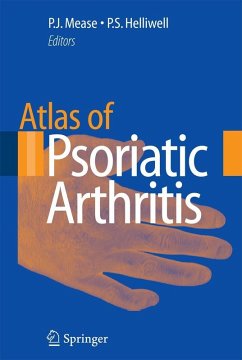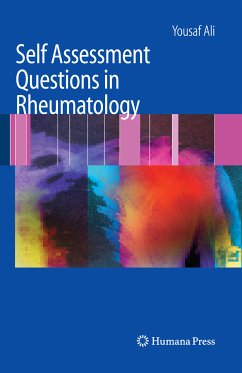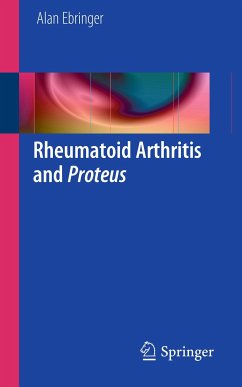
Rheumatoid Arthritis and Proteus (eBook, PDF)
Versandkostenfrei!
Sofort per Download lieferbar
72,95 €
inkl. MwSt.
Weitere Ausgaben:

PAYBACK Punkte
36 °P sammeln!
Rheumatoid Arthritis and Proteus explores the idea that Rheumatoid arthritis is caused by a urinary tract infection as a result of Proteus bacteria. Rheumatoid arthritis is a severe, painful and crippling disease affecting millions of people throughout the world, especially women. Genetic studies over the last 30 years have shown that individuals who possess the white cell blood groups HLA-DR1/4 carry a susceptibility sequence and are more likely to develop the disease. This book uses the methods of Sir Karl Popper, the philosopher of science, to present 12 "Popper sequences" which have been i...
Rheumatoid Arthritis and Proteus explores the idea that Rheumatoid arthritis is caused by a urinary tract infection as a result of Proteus bacteria. Rheumatoid arthritis is a severe, painful and crippling disease affecting millions of people throughout the world, especially women. Genetic studies over the last 30 years have shown that individuals who possess the white cell blood groups HLA-DR1/4 carry a susceptibility sequence and are more likely to develop the disease. This book uses the methods of Sir Karl Popper, the philosopher of science, to present 12 "Popper sequences" which have been identified to indicate that Proteus is the causative agent of Rheumatoid Arthritis. Rheumatoid Arthritis and Proteus proposes that Anti-Proteus therapies should be followed as early as possible to prevent the crippling and irreversible joint deformities that occur in Rheumatoid Arthritis.
Dieser Download kann aus rechtlichen Gründen nur mit Rechnungsadresse in A, B, BG, CY, CZ, D, DK, EW, E, FIN, F, GR, HR, H, IRL, I, LT, L, LR, M, NL, PL, P, R, S, SLO, SK ausgeliefert werden.




